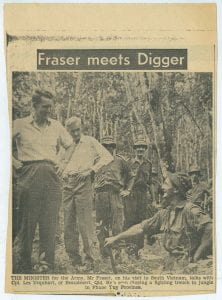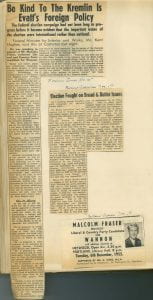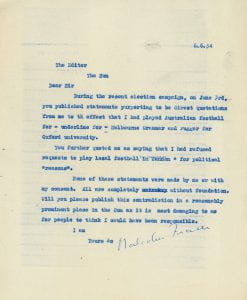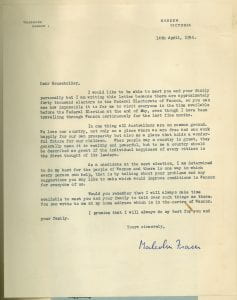First industry steps for those who feed us
Argyris Karavis
The formation of the Master Caterers Association (MCA) is connected to two major shifts in Australian social life at the turn of twentieth century Australia. The first is a boom in public venues for the consumption of food – restaurants, refreshment rooms, cafes and oyster saloons – in Melbourne and Sydney between 1890 and 1910[1]. The second is the emergence of organised national industrial relations[2]. The minutes from the first two years of the Master Caterers Association reveal how the owners of those businesses who feed us had to grapple with setting up an employer body to represent this newly emerging industry and the issues to be addressed for participation in the newly established industrial relations system. Continue reading “First industry steps for those who feed us”




